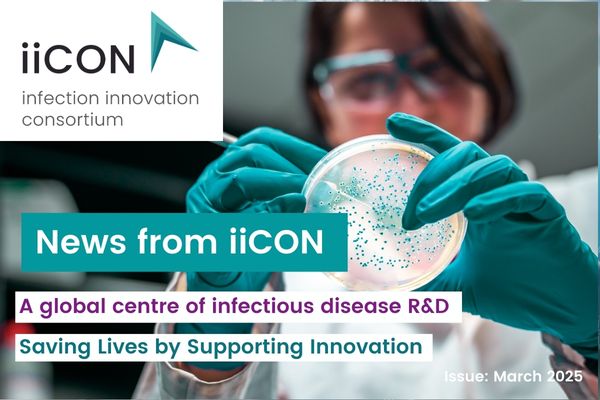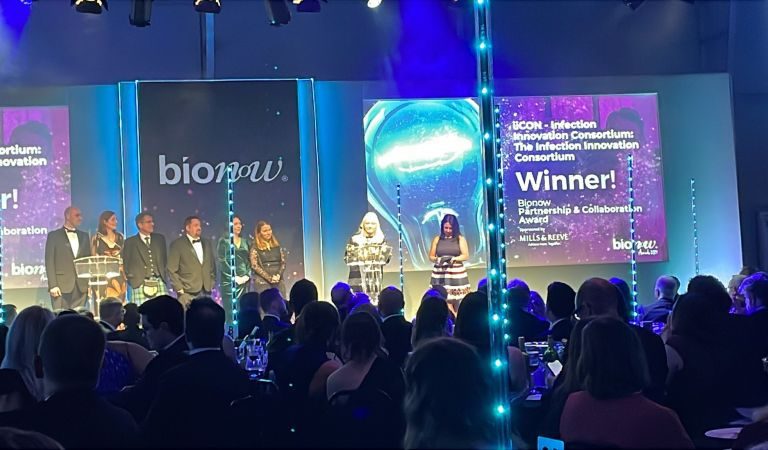- Join the Innovation Journey
- Our Platforms
iiCON proves Wirral-made wipes tackle antimicrobial resistant bacteria

Assist Hygiene is a Wirral based manufacturer of hygiene products that specialises in the design, development and production of wet and dry wipes for industrial purposes. Thanks to the quality of its products, Assist Hygiene manufactures for some of the biggest names in the hygiene industry.
As a hygiene specialist, Assist Hygiene is acutely aware that antimicrobial resistance (AMR) has become a significant global health issue. In 2019 alone, AMR directly caused 1.3 million deaths and it was associated with an additional 3.7 million deaths.
When considering how to tackle AMR bacteria, it’s important to understand the role that biofilms play. Biofilms are multicellular communities of bacteria adhered to a surface and encased in a protective extracellular matrix. These can act as reservoirs of AMR bacteria, as well as increase transmission of AMR between different bacterial species.
Biofilms are of particular concern in hospital or healthcare associated settings. This is because they are inherently challenging to eradicate, a situation which is made more difficult for clinicians due to a scarcity of biofilm focused cleaning agents on the market.
To ensure that contamination sensitive environments could understand the effectiveness of its products, Assist Hygiene wanted to establish the antibacterial performance of different formulations by comparing a novel biodegradable wipe material to the standard wipe material.
To achieve this, iiCON evaluated three disinfectant formulations on two wipe materials against multidrug resistant (MDR) bacteria. The pathogens selected for this study represent some of the most challenging antimicrobial resistant pathogens that are of the utmost priority from a clinical point of view, and all of which are competent biofilm formers. Wipes impregnated with different formulations were tested against dry biofilms on stainless steel surfaces by simulating real-world wiping conditions.
Assist Hygiene wipes which are marketed under their Protex brand name showed no recoverable viable bacteria from MRSA, P. aeruginosa or A. baumannii biofilms, suggesting these products were highly effective against these bacterial dry biofilms on steel surfaces.
As it is not possible to completely prevent biofilm formation, eradication of these structures is an attractive strategy for infection control. Knowing that Assist Hygiene’s solutions can meet this level of bactericidal performance means that clinical settings can make a highly informed decision regarding their hygiene regimes.
Dr Adam Roberts, Reader, Antimicrobial Chemotherapy and Resistance, said: “Understanding the efficacy of cleaning solutions available on the market today is vital to tackling the serious issue of antimicrobial resistant bacteria. However, undertaking an in-depth analysis of how hygiene products fare against some of the most problematic bacteria out there is no easy feat and beyond the capabilities of most SMEs. Thanks to support from iiCON which allowed Assist Hygiene access to advanced equipment and specialist researchers, the Wirral based manufacturer was able to put its wipes to the test and prove that they could eradicate the biofilm structures of numerous AMR bacteria.”


